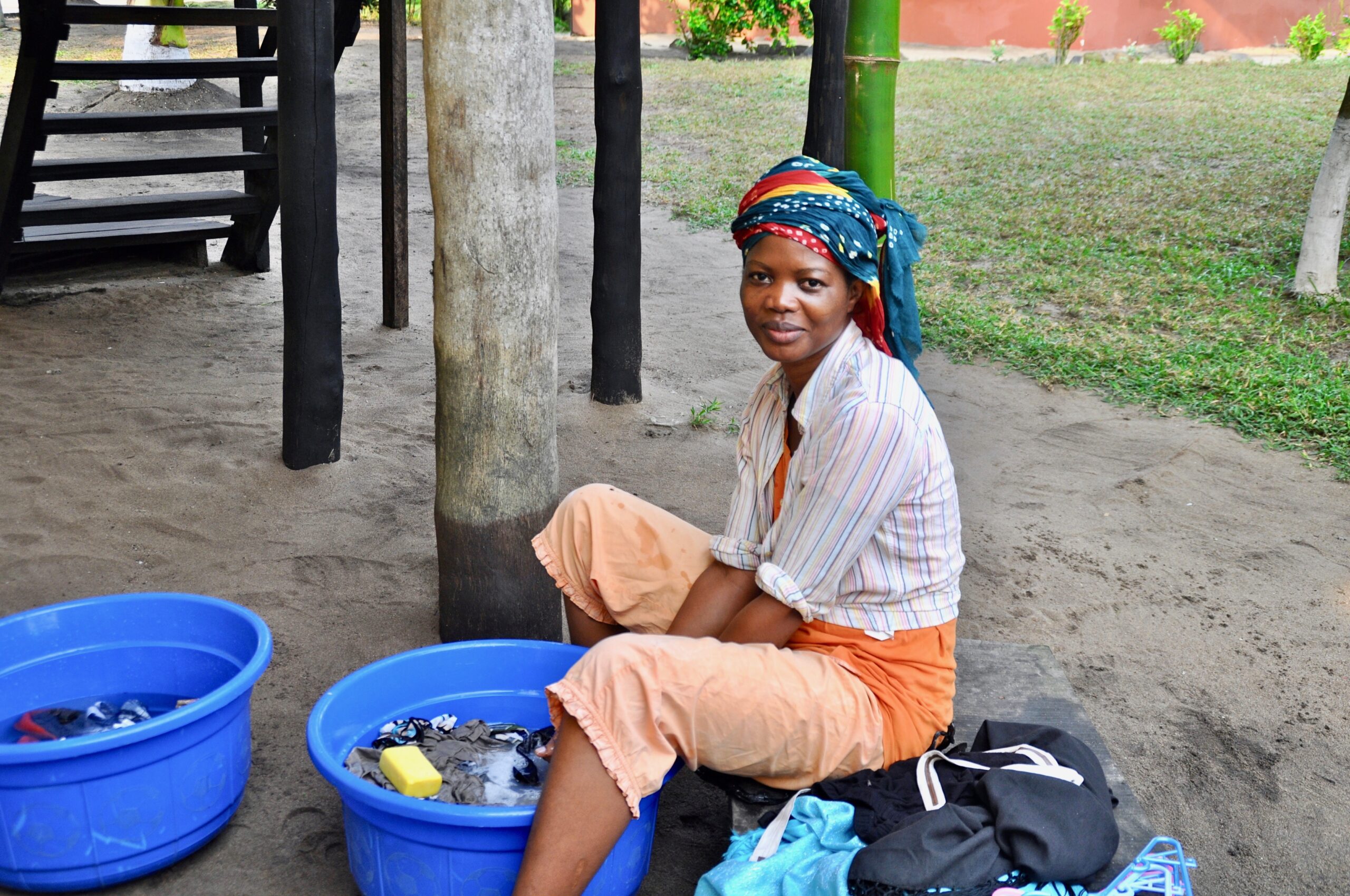
EyeEm
A Bill seeking to regulate and formalise the employment of domestic workers, apprentices, interns, and other informal sector employees in Nigeria has passed second reading in the Senate.
The legislation, titled the Informal Sector Private Employment Agencies (Regulation) Bill, 2025, was sponsored by Senator Sani Musa (APC–Niger) and debated during plenary on Tuesday.
Leading the debate, Musa explained that the Bill aims to empower the National Directorate of Employment (NDE) to license and oversee private employment agencies. These agencies would be responsible for enrolling informal sector workers in a central database, ensuring their social security, and monitoring their recruitment by legitimate employers under mutually agreed terms and conditions.
He described the informal sector as a residual labour market characterised by heterogeneous employment, non-wage income sources, flexible working hours, and in some cases, unpaid labour. He added that operations in the sector are typically small-scale, labour-intensive, and privately owned, with many workers being family members, apprentices, or minimally paid staff.
Senator Adams Oshiomhole (APC–Edo), contributing to the debate, cautioned against delegating this responsibility to private agencies, noting that the Federal Ministry of Labour already bears this mandate. He argued that states or cities should not enact laws that contradict federal legislation or create avenues for exploitation.
He further stated: “The NDE is not mandated to employ workers for private entities. Its core function is to provide training and retraining programmes, support the unemployed, and promote self-employment. Handing employment responsibilities to private agents could set a dangerous precedent.”
Senator Osita Izunaso (APC–Imo) acknowledged that the Bill had both merits and limitations. As a member of the Senate Committee on Labour and Productivity, he noted that a similar Bill sponsored by Senator Babangida Hussaini had already been deliberated, focusing specifically on regulating domestic workers in private homes.
“These proposals could be harmonised,” he said. “If amendments to the NDE Act are necessary, we can recommend them accordingly.”
Senate President Godswill Akpabio referred the Bill to the Senate Committee on Employment, Labour and Productivity for further legislative action, with a report expected in six weeks.












